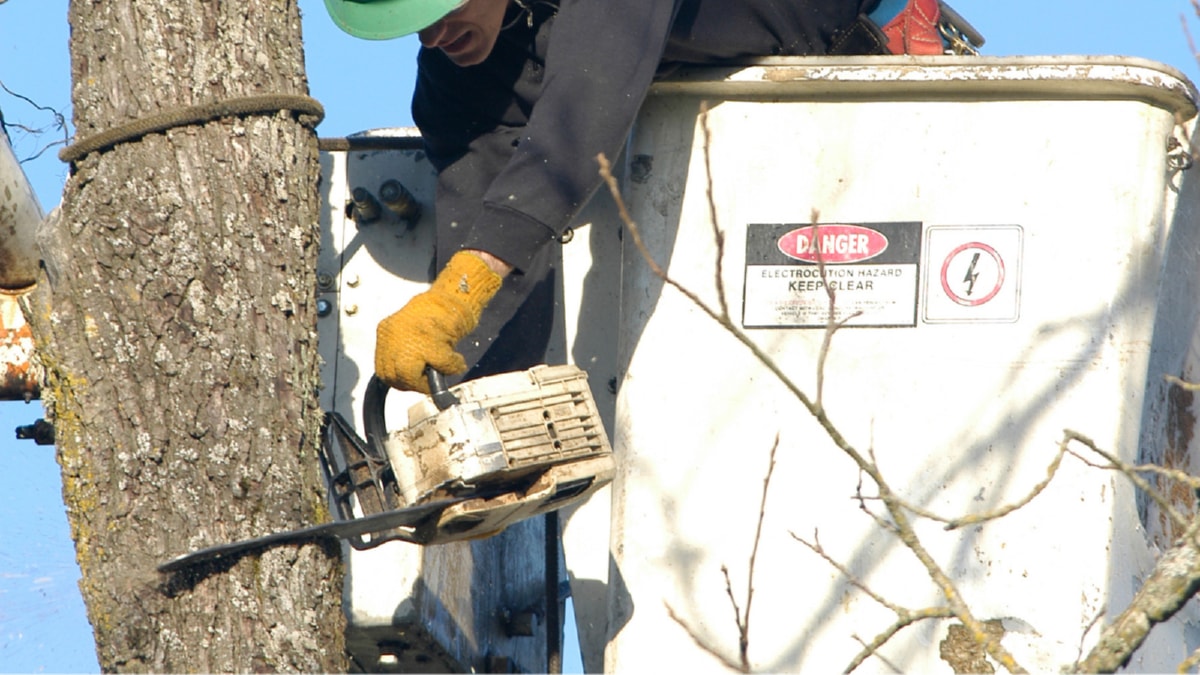Choosing the right construction company for your project can be a daunting task, especially if you don’t know what to consider. With many companies in the market, it’s essential to do thorough research to find the right fit. Key factors to consider include the company’s reputation, previous projects, and the team’s expertise. A reputable company will not only deliver quality work but also ensure the project is completed within the stipulated timeframe.
Construction project management is a vital aspect of any building project. It involves planning, coordinating, and controlling a project from beginning to end. Understanding the basics of construction project management can help ensure that the project is completed on schedule and within budget. Key aspects include effective planning, managing costs, and ensuring quality. A competent project manager should be able to efficiently coordinate all these aspects.
Building regulations are vital in any construction project. They ensure that buildings are safe, healthy and high-performing. These regulations cover different aspects of construction like design specifications, material usage, and safety protocols. Adherence to these regulations not only ensures the safety of the building occupants but also prevents potential legal complications. Therefore, it’s important for construction companies to be abreast of these regulations and ensure compliance.
The construction industry is constantly evolving, and keeping up with the latest trends can be beneficial. The rise of technology are shaping the future of the construction industry, with trends such as Building Information Modelling (BIM), prefabrication, and green construction becoming more prevalent. These trends not only improve efficiency but also lessen the negative effects of construction on the environment.
The construction industry has a significant environmental impact, from raw material extraction to construction waste generation. The challenges posed by this impact include soil erosion, air and water pollution, and waste management. However, there are several solutions to these challenges, including adopting green building materials, minimizing waste, and promoting recycling initiatives. By incorporating these strategies, construction companies can significantly reduce their environmental footprint.
Finally, an effective strategy is a key to any successful construction project. Effective strategies may involve meticulous project planning, prudent management of resources, and strong communication. These strategies not only ensure that the project is completed on time and within budget but also improve client satisfaction. In conclusion, understanding all these aspects can significantly improve the success rate of your construction project.
For more details, check best Insulation Solutions in Waterford or visit their Insulation Services Waterford business listing here.




